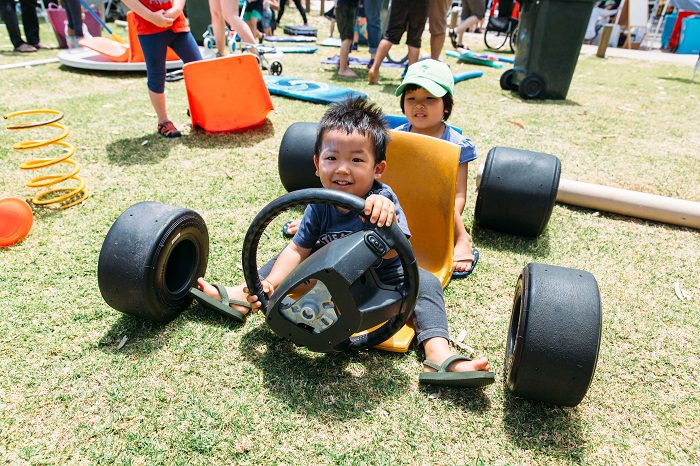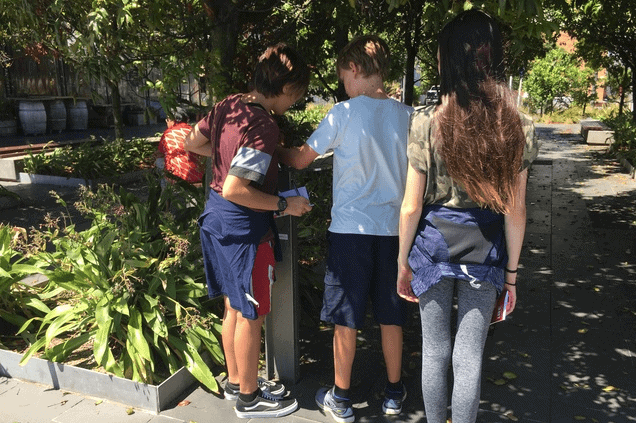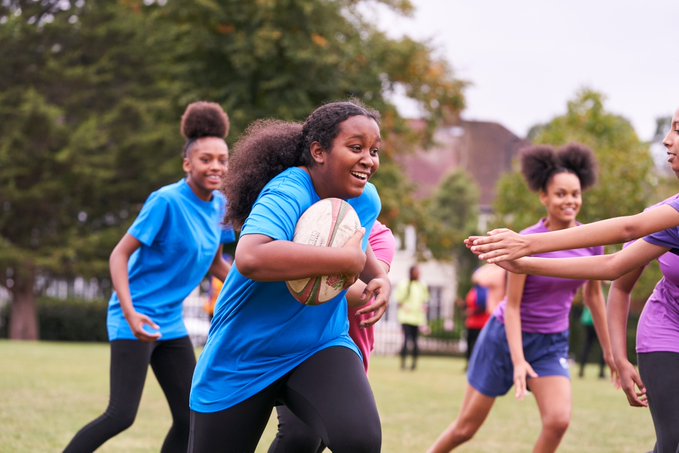An evidence report on Covid-19 and children’s play
This report summarises emerging evidence on the effects of play restrictions in terms of a) reducing the risk of COVID-19 transmission in the population and b) the detriments to children resulting from the restrictions.
An evidence report on Covid-19 and children’s play Read More »










